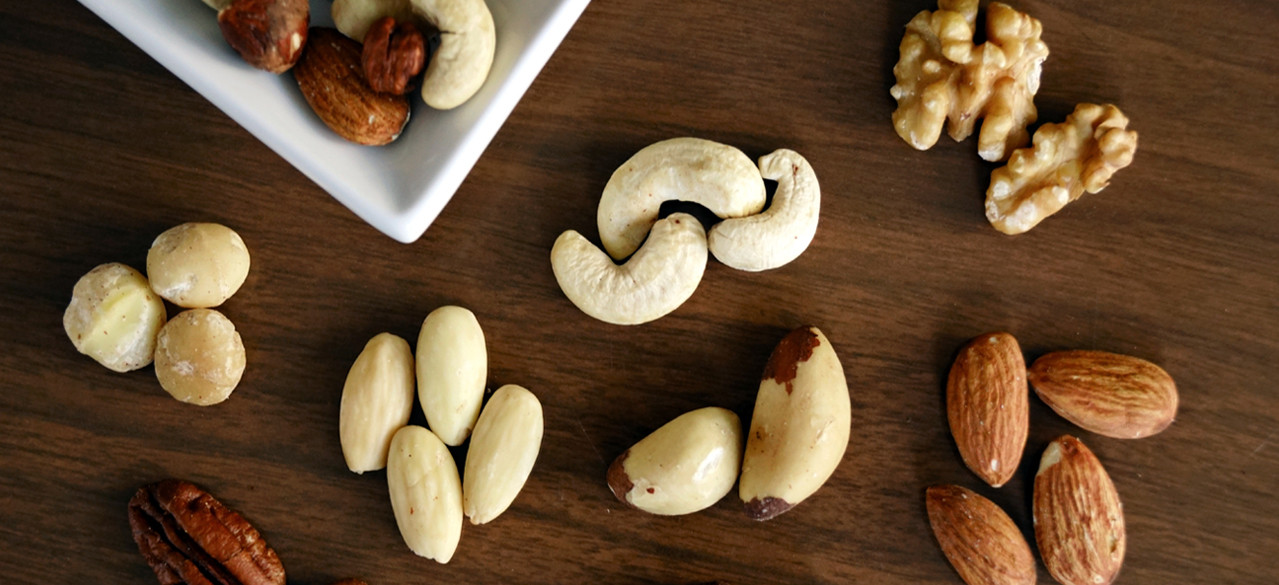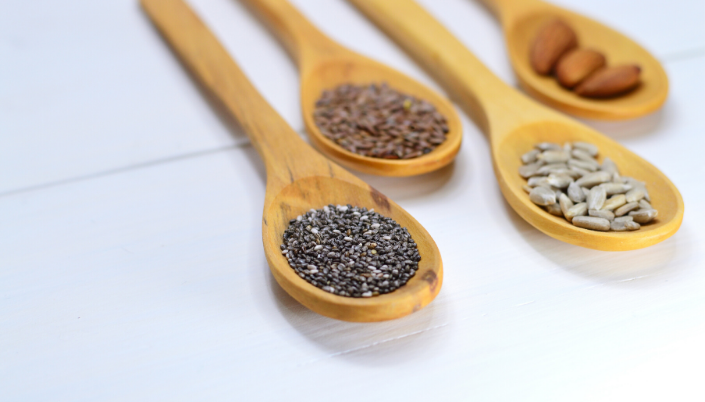

8 Countries That Will Teach You to Eat Healthier
06 Sep 2016 by Olga Brighton
“Salad? That’s the unnecessary green stuff on your plate”
“A lobster bathed in butter, life doesn't get better than this!”
“My mum brought me up to appreciate raw vegetables. Instead of sweets she would give me carrot sticks, or cauliflower”.
Which of these three people above do you think would have better health?
Good Health and Good Diet
According to a joint World Health Organisation (WHO) and Food & Agricultural Organisation (FAO) study, out of 56.5 million deaths in 2001, 59% were due to chronic diseases caused by a bad diet and lack of exercise. Cardiovascular disease, obesity, hypertension, diabetes, cancer… you name it. So, in other words, about 33.3 million lives could have been prolonged, or saved, had they eaten more healthily.

So what can you do to help yourself?
-
Eat a bit of everything…..in moderation.
There is such a variety of wonderful food on offer! So ensure you eat vegetables, pulses, fruit as well as meat and fish too if you like. The key is to mix it up to make sure you get all the nutrients you need.
-
Avoid processed food.
They contain too many saturated fats, refined sugars and salts. A sickly cocktail.
Which then, are the countries with healthy food that can teach you how to eat healthier, and what can you learn from them?
Japan, the Country of the Rising Sun
Their diet is very rich in omega 3 oils because they typically eat a lot of fish and rice. This reduces the risk of cardiovascular and brain related diseases. What can you learn? Try to include fish at least twice a week, and vegetables and pulses every day in your diet. Don’t leave Japan without trying these 10 foods to get the whole picture of this healthy country’s cuisine.
Italy

Despite the Italians smoking more than some other European countries, they live longer. Why? This is partly down to a good Mediterranean diet, rich in variety and including lots of fresh seasonal produce. Several studies have linked the use of virgin olive oil (raw) to reducing risk of heart disease. Fresh nuts such as walnuts and almonds also help, as well as lots of fresh vegetables and fruit. So be generous with the virgin olive oil on your tomato and mozzarella salad and you are onto a winner
Read also: 9 Most Dangerous Foods in the World
French Cuisine… Oh la la!
French cuisine is a perfect example of moderation as well as indulgence. The French diet doesn't avoid fats or sugar or alcohol but they do understand “ moderation in all things ”. Even though they are known for c alorie laden butter croissants, baguettes and steak frites, they also typically serve smaller portions – so they can enjoy a bit of luxury without continually over indulging. France also offers fantastic seafood dishes using simple ingredients such as herbs (and sometimes wine!). Several studies demonstrate that a little wine can help combat cardiovascular disease. So as long as you don’t over indulge in those French pastries, you can still enjoy the glorious treats France has to offer whilst maintaining a balanced diet.
Spain y Olé!

As in many other countries around the Mediterranean, Spain has a typical Mediterranean diet. This means eating lots of whole grains, fruits, beans, nuts, seeds, vegetables and herbs, along with extra virgin olive oil. Serrano ham is also a great source of protein, vitamins, calcium, phosphorus and oleic acid. Eat fish, meats, yogurt and cheese, washed down with a glass of wine perhaps?
Fly to Thailand
This exotic country, with its white sandy beaches, historic monuments, fabulous gems and famously cheerful inhabitants has a diet characterised by spices. One of them is chilly; this hot spice seems to increase calorie consumption and accelerate metabolism. Turmeric is another ingredient which is related to promoting less fatty tissue. So, add a bit of spice to your life! It will supply necessary antioxidant micronutrients—nutrients that your body needs in small doses—and it is a good way to reduce the intake of salt and sugar without sacrificing taste.
Have You Been to Gambia?

As with many other African countries, Gambians eat lots of nuts and vegetables. It is actually the country with the lowest level of cancer in the world. Organic seeds and nuts provide healthy fats that will feed your brain and reduce the risk of some cancers.
Israel
Israel ranks 9th out of 187 countries in dietary quality, according to a 2015 Lancet medical journal survey.
Israeli’s tend to eat lots of foods rich in protein and omega acids and consume less processed meats and processed snack foods. Israel’s population eat lots of fruit and veg with 41% favouring citrus fruits.
We can all learn from the healthy eating habits of these neighbours – so go for it – you can try some amazing foods, whilst hopefully improving your health and wellbeing at the same time.
Make sure you obtain appropriate travel insurance among many policy options before you go and travel worry-free.
Read also: Mexican Cuisine for Foodies: 5 Unmissable Eats to Try
We accept

